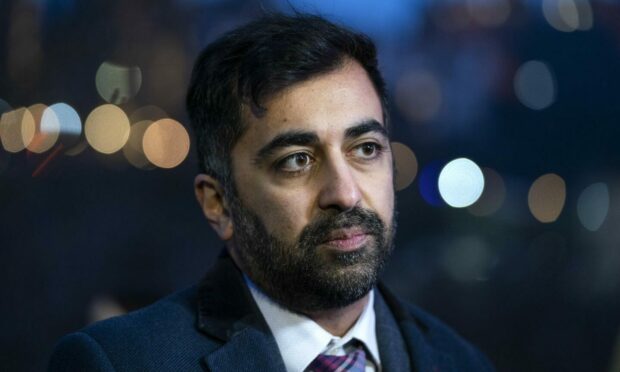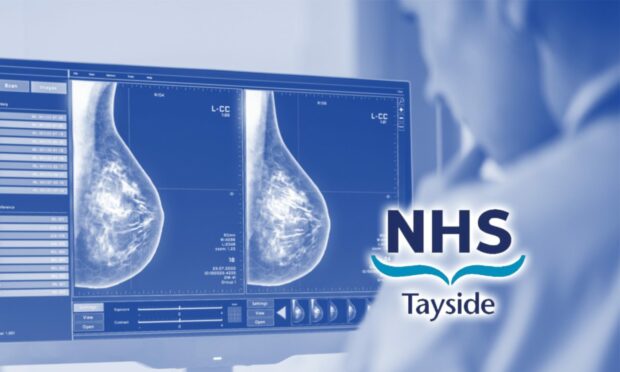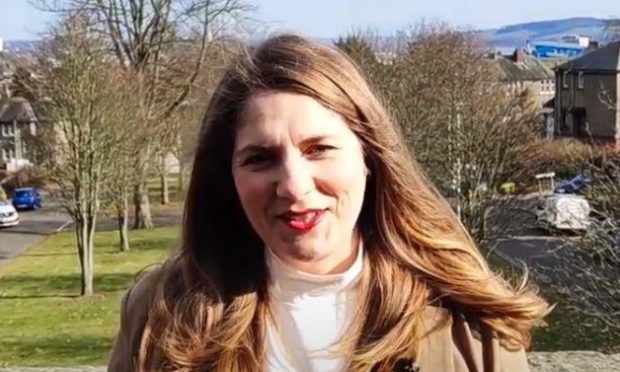Health Secretary Humza Yousaf has been told his admission of failings in NHS Tayside’s breast cancer service will come “too late” for patients forced to travel on round trips up to 160 miles for treatment.
Mr Yousaf said the current situation around staffing gaps is “not satisfactory” but insisted fully restoring local care is a “priority” of the Scottish Government.
It comes after we revealed Tayside will be left without a single breast cancer consultant from June following the early retirement of a senior doctor last month and another handing in his notice.
NHS Tayside confirmed none of the current vacancies have yet been filled.
The health board’s breast cancer team was decimated after it emerged patients were being given “lower than standard” doses of a chemotherapy drug.
Doctors who joined the exodus accused bosses of throwing them “under the bus” as a series of investigations by The Courier exposed doubts over government-backed claims that women were put at an increased risk.
Patients now face having to travel to Aberdeen, Glasgow or Edinburgh for some aspects of their care, despite NHS Tayside previously claiming staff shortages would have “no detriment” to services.
An unacceptable situation
Speaking at the Scottish Parliament on Wednesday, North East MSP Mercedes Villalba described the situation as “unacceptable” as she called on the health secretary to set out a long-term plan to train and recruit new doctors across Scotland.
Mr Yousaf said Scottish Government officials are “working closely” with NHS Tayside “to take forward a rebuilding plan for recruitment of oncology consultants, specialist nursing, and other support staff to deliver a local service”.
“This will include options around international recruitment, training schemes, marketing strategies and campaigns, trainee placements and re-examining locum capacity too,” he added.
Situation is ‘not satisfactory’
Mr Yousaf made no mention of the concerns of doctors and patients over the fallout of the dosing scandal and instead pointed to staffing problems across the country.
He said: “Although I’m referencing the issues across Scotland, they are, of course, most acutely felt in NHS Tayside.
“Let me say without any equivocation that the situation in NHS Tayside’s breast cancer service to me is simply not a satisfactory one, and therefore one that is a priority for us to resolve.”
Speaking later, Ms Villalba said Mr Yousaf’s comment “will give no reassurance to breast cancer patients in Tayside that this issue will not occur again”.
“The health secretary is right to admit that the current situation facing NHS Tayside breast cancer services is not satisfactory as patients face the prospect of travelling up to 80 miles for treatment,” she said.
“But his admission comes too late and will do nothing to provide support for the up to eight patients a week who will now be affected by the lack of breast cancer oncology specialists in NHS Tayside.”
An avoidable tragedy
Meanwhile, a senior cancer doctor who previously worked with the breast oncologists at NHS Tayside, has described the situation in the health board as an “avoidable tragedy”.
Professor Alastair Munro, emeritus professor of radiation oncology at Dundee University, told the BBC: “It’s a totally avoidable tragedy, this should not have happened.
“The first thing the health board need to do is to come clean, and say we got it wrong, we put our hands up, we want to start again with a clean slate and we want to attract good people to come to Tayside to deliver breast cancer services to the patients whose needs we serve.”
NHS Tayside said it is committed to delivering services locally “as long as it is safe”.
A spokeswoman added: “Members of the senior leadership team have also had ongoing contact with the oncologists to offer support.
“The medical director has met with the oncologists on numerous occasions to discuss any concerns and has been available to them with an open-door policy.”


